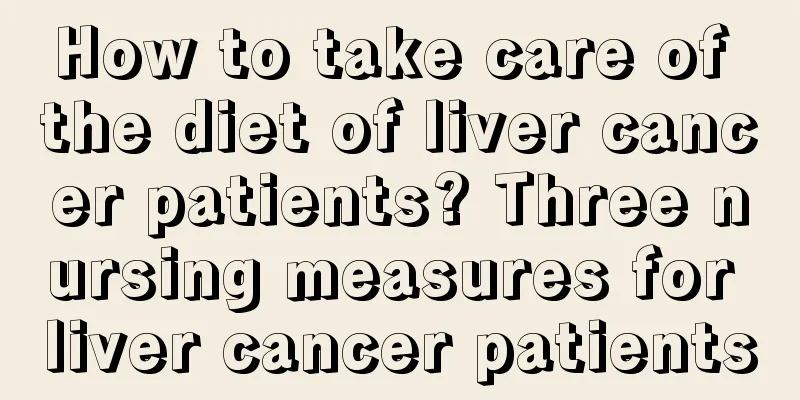What is the cause of testicular cancer

|
In real life, most cancers are already in the middle or late stages when they are discovered and diagnosed, making them difficult to treat. This is because most cancers have no obvious symptoms in the early stages, and there is not even any discomfort. In fact, there are reasons for the occurrence of diseases. Let's take a look at the causes of testicular cancer. Because early diagnosis of testicular tumors is very important, any young and middle-aged male who complains of a lump in the scrotum or groin should be suspected of having a testicular tumor. The most important part of the physical examination is to examine the testicles. Testicular cancer is currently the malignant solid tumor with the highest clinical cure rate. Even for patients with testicular cancer that has metastasized, there is a high chance of clinical cure through surgery and combined radiotherapy and chemotherapy. Therefore, it is important to emphasize that the goal of testicular cancer treatment is to achieve cure, not to alleviate or prolong survival time. Testicular cancer is different from other types of cancer. It mainly affects the normal function of the testicles. If it is discovered early, it can be easily cured as long as it is treated properly. The age group of 15 to 40 years old is the most common period for testicular cancer. If you find a lump in your scrotum, it is best to see a doctor and do some regular testicular self-examination every month. Common causes of testicular cancer include: 1. Cryptorchidism: Normally, the testicles will descend to the scrotum. If the testicles do not descend to the scrotum but remain in the abdominal cavity or groin, the risk of testicular cancer in men will increase significantly. Even surgery to move the testicles to the scrotum will not help. 2. Abnormal testicular development: Men with abnormal testicular development are prone to testicular cancer. 3. Genetic factors: Studies have shown that the occurrence of testicular cancer is related to genetic factors. 4. Klinefelter's syndrome: People with Klinefelter's syndrome (a sex chromosome abnormality with symptoms of low male hormone levels, infertility, large breasts, and small testes) are susceptible to testicular cancer. 5. Previous history of testicular cancer: Men with a history of testicular cancer are more likely to develop testicular cancer in the other testicle. Family history of testicular cancer: If a person's father or brother has testicular cancer, he or she is more likely to develop the disease than others. |
<<: How to avoid recurrence of testicular cancer
>>: How to prevent recurrence of pituitary tumor after surgery
Recommend
Tachycardia after lunch
Some friends will experience tachycardia after lu...
What is the definition of small hepatocellular carcinoma
Small hepatocellular carcinoma generally refers t...
A small pimple can also be fatal
Recently, the media reported that an 11-year-old ...
Can fecal incontinence be cured?
Fecal incontinence can be treated, mainly because...
Is a buzz cut suitable for a fat face?
There are several lengths of bald heads, some are...
How to self-diagnose oral condyloma acuminatum
Genital warts grow in some relatively humid place...
How to relieve pain from pericoronitis of wisdom teeth and how to cure it?
Wisdom teeth are a relatively important part of h...
Principle of abdominal muscle patch
I don’t know if you have ever used or seen someth...
What should I do if I feel stomach discomfort after drinking too much tea?
In life, many people may have had this experience...
What are the methods for radical cure of osteosarcoma
We all know that disease is of no benefit to peop...
I feel sleepy as soon as I get to work, a self-help note for those who catch up on sleep at 9 o'clock in the morning
I rushed all the way to work in the morning, and ...
Is gypsum harmful to the human body?
Gypsum is actually calcium carbonate, and gypsum ...
I always feel chest tightness
Everyone has experienced chest tightness. Sometim...
What material is good for dentures in general
As parents grow older, their physical functions c...
When do you need to check for lung cancer when you have any discomfort?
Men over 40 years old who are long-term heavy smo...









